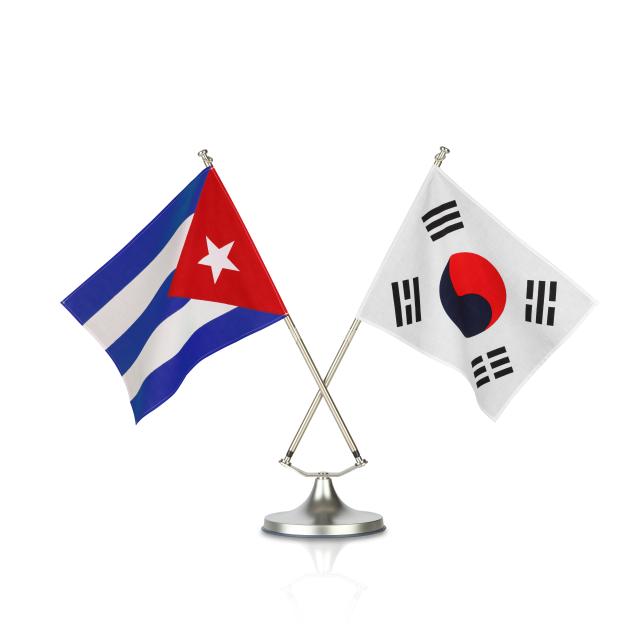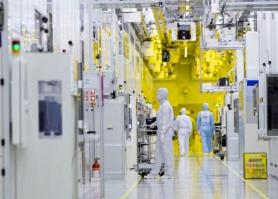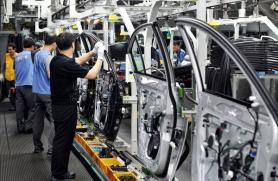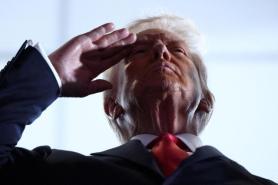
The primary hurdle remains the longstanding U.S. sanctions on Cuba, which continue to constrain the Caribbean nation’s access to global markets.
Trade volumes between South Korea and Cuba have shown little improvement since they formalized ties on Feb. 14 last year. The economic embargo imposed by Washington decades ago has effectively isolated Cuba from international commerce, limiting opportunities for growth in bilateral trade.
Cuba’s economy, heavily reliant on food and energy imports, recorded a gross domestic product of $28.9 billion last year, with a per capita GDP of $2,730. The nation posted $1.7 billion in exports against $9.8 billion in imports, resulting in a trade deficit of $8.1 billion.
Industry experts point to persistent U.S. sanctions, foreign exchange shortages, and payment risks as primary obstacles to trade expansion.
“Despite the establishment of diplomatic relations, U.S. sanctions against Cuba remain a significant barrier to deepening trade ties,” an official from the Korea Trade-Investment Promotion Agency said.
“We need to gradually enhance economic cooperation through Official Development Assistance in key Cuban sectors, such as agricultural food production, renewable energy, and resource recycling.”
South Korean firms have maintained a presence in Cuba since the mid-1990s, exporting automobiles, electronics, and tires — often through third-party agents. The energy sector has emerged as a key area of cooperation.
Power generation has played a pivotal role in bilateral relations, with Hyundai Heavy Industries supplying 464 containerized diesel generators to Cuba between 2005 and 2010. At its peak, the company held roughly 30 percent of Cuba’s power market.
Korean consumer brands remain well-positioned in the Cuban market. Samsung Electronics and LG Electronics continue to command premium standing among consumers, while Hyundai Motor and Kia vehicles remain popular in the rental car sector. However, since 2015, South Korean automakers have ceded market share to Chinese competitors.
Bilateral trade reached a high of $70 million in 2017 during the Obama administration’s diplomatic thaw with Cuba. However, trade volumes plunged to $13.8 million in 2022 amid the pandemic before rebounding to $35.7 million last year.
South Korea’s exports to Cuba include plated steel, automobiles, zinc-coated steel, auto parts, and machinery, while it imports metals, tobacco, and food products in return.
Copyright ⓒ Aju Press All rights reserved.




